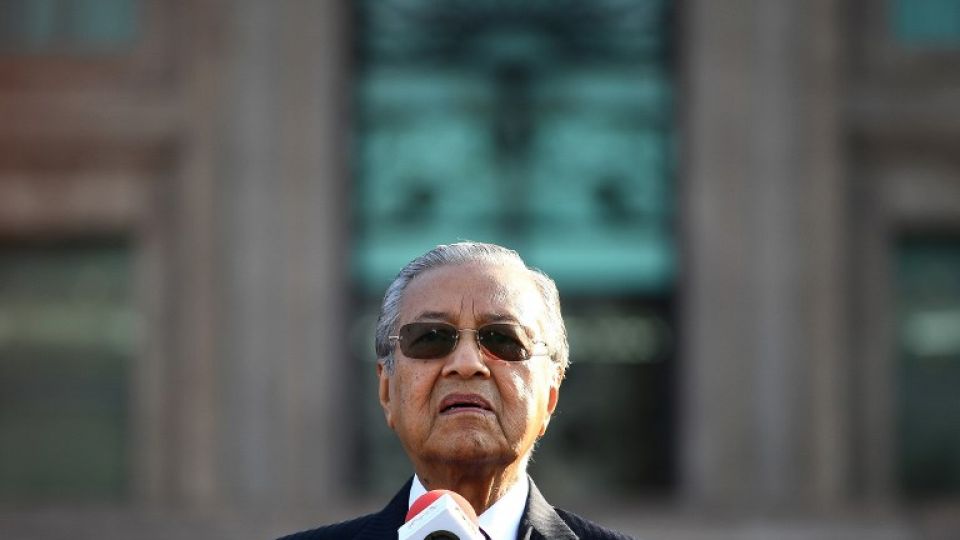December 27, 2018
The nonagenarian’s stunning victory changed the landscape of Malaysian politics and was a triumph for democracy in a region experiencing its decline.
Asia News Network will reveal its person of the year on December 28. For more on the finalists and runners up, please click this link here.
It was perhaps the most stunning political upset of 2018. No one thought Dr. Mahathir Mohamad, who had served as Prime Minister of Malaysia from 1981 to 2003, could win the office again, especially competing as the chairman of the Patakan Harapan, a coalition of his former political foes.
But, win he did, at the age of 92.
He and his coalition have had a tough task before them. They took over at a time of shattered public confidence in Malaysia’s political system, thanks to a decades-long corruption scandal that went all the way to the top—to Mahathir’s successor himself, Najib Razak—and a staggering level of national debt.
They had big promises to keep. Mahathir and his coalition ran a campaign based on tackling that sky-high debt, eliminating rampant corruption and racism from Malaysian politics, and making tough institutional reforms.
But, this time around, Mahathir seems different. He appears to have left behind many of the autocratic tendencies that marked his previous tenure in the office, and to be embracing democratic institutions with new vigor. It’s clear he’s determined to make the most of this chance to rewrite his legacy.
From the beginning, Mahathir appeared unchained from the burden of national expectations for what his second premiership might look like.
His government has gone after his former party’s alleged corruption with vigor and zeal prosecuting everyone from Najib, to his wife and cronies. No one seems more surprised by this than Najib who was predicted to win the election with ease. Analaysts and critics alike remarked how the Najib machine seemed unstoppable before elections especially with their consolidation of power, altering media laws and gerrymandering to maintain power.
That Mahathir won was a testament to the democracy and democratic institutions of Malaysia. It is doubly important when placed in context of Malaysia’s neighbour where democracy has taken a back seat, especially in places like Thailand and Cambodia.
Mahathir has appointed a surprisingly meritocratic and multi-racial cabinet—he chose a non-Malay to serve as attorney general and tapped Lim Guan Eng, an ethnic Chinese, as finance minister. And, from the beginning, Mahathir seemed unafraid to speak his mind, for better or for worse.
Mahathir told Singapore their water deal with Malaysia was simply “too costly.” He seems to be trying to rewrite the long-standing Asean rule of non-interference by repeatedly calling out Myanmar’s leader Aung San Suu Kyi for the role she has played in the Rohingya crisis.
And, most earth-shaking of all, Mahathir has thus far been unafraid to stand up to China’s growing influence domestically and in the wider region. He has made it clear that while his government sees China as a powerful trading partner, China should no longer expect an unmitigated relationship with Malaysia.
Mahathir took a stand against Chinese-backed projects that he said do too little to add value to Malaysia, thus far suspending more than $40 billion in Chinese infrastructure deals, including the $20 billion East Coast Rail Link project deal that had been inked by Najib. He went to bat against powerful developers in a bid to prevent the growth of luxury foreigner-only enclaves unaffordable to many of his countrymen. And he has been sharply critical of Chinese naval incursions into Malaysian waters.
No everyone sees Mahathir’s willingness to upset the status quo as refreshing, his critics have found his candor thus far concerning.
His unpredictability makes it hard to tell what 2019 will have in store for the prime minister—will he even pass the baton to Anwar Ibrahim after his second year as promised? Whatever happens, it will certainly be interesting to watch.


